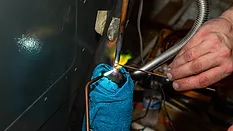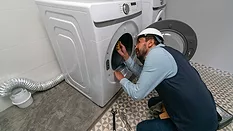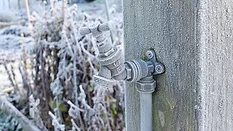
Dave Yates: Contractor’s Corner

About the Column
Join industry expert Dave Yates as he shares insights, tips, and strategies for plumbing, heating, ventilation, and air conditioning (PHVAC) contractors, aimed at helping your business succeed in a competitive market.
Articles
More ArticlesKeep your content unclogged with our newsletters!
Stay in the know on the latest plumbing & piping industry trends.
JOIN TODAY!Copyright ©2026. All Rights Reserved BNP Media.
Design, CMS, Hosting & Web Development :: ePublishing



